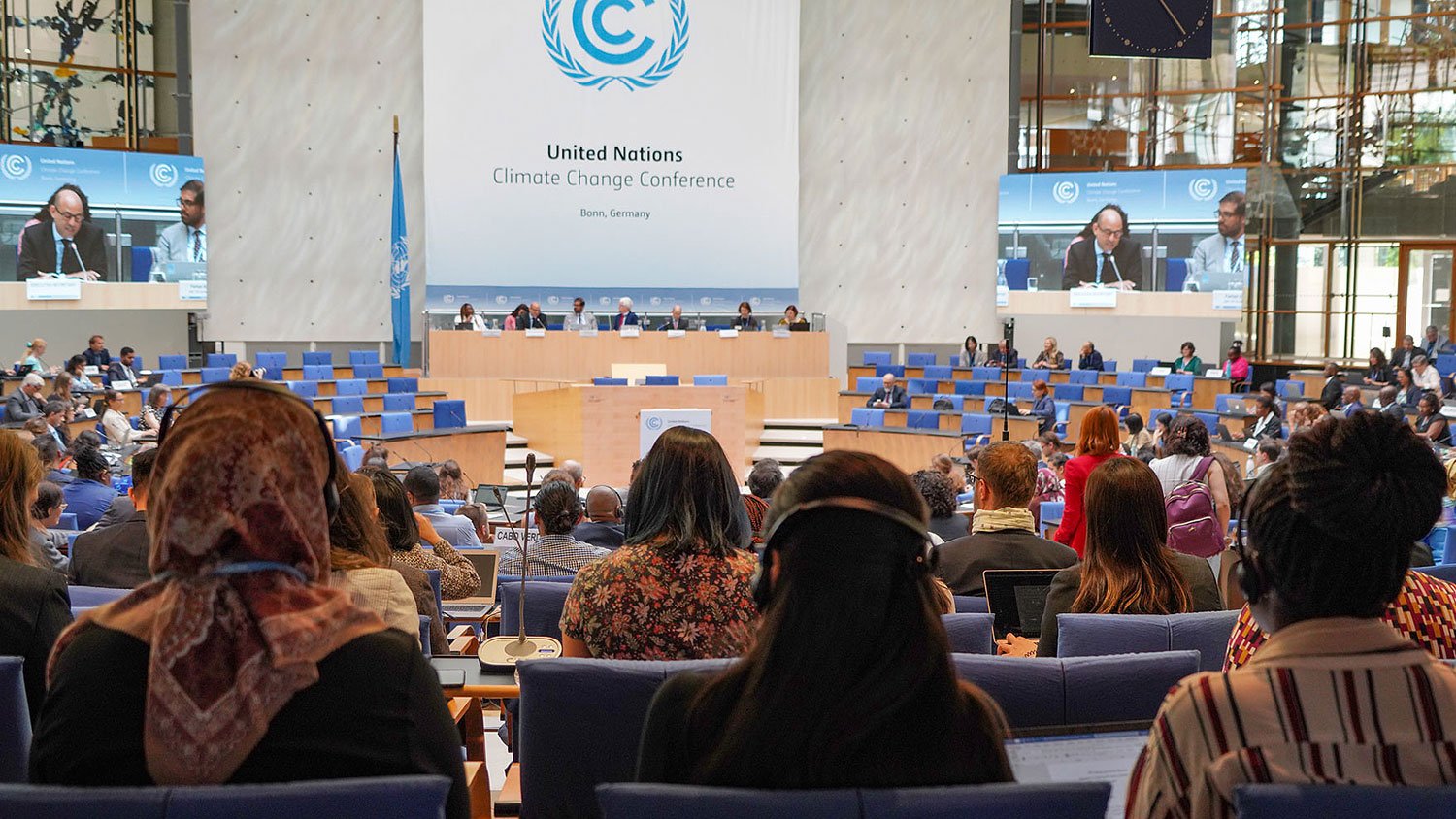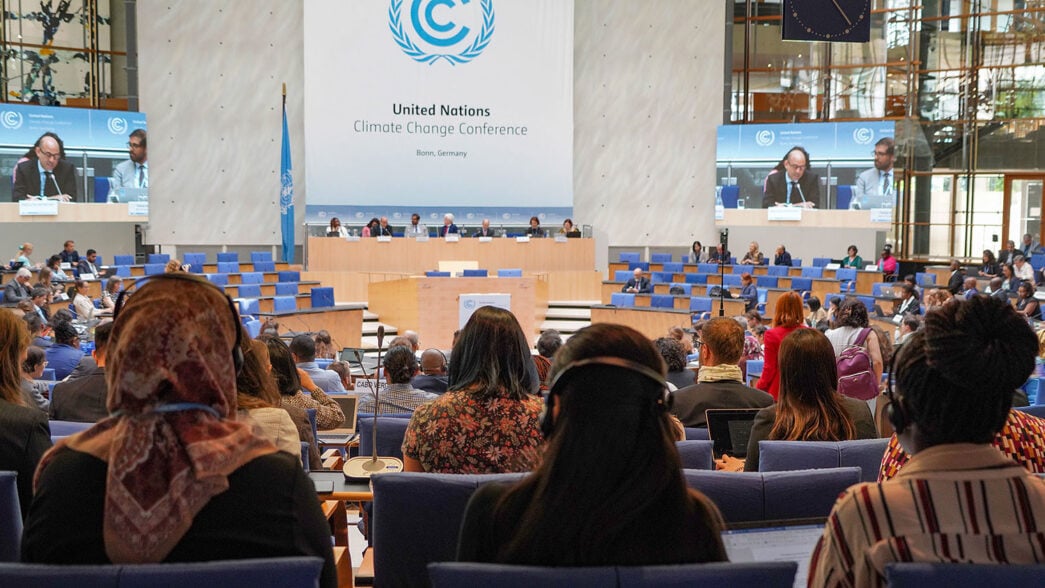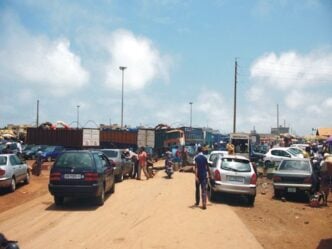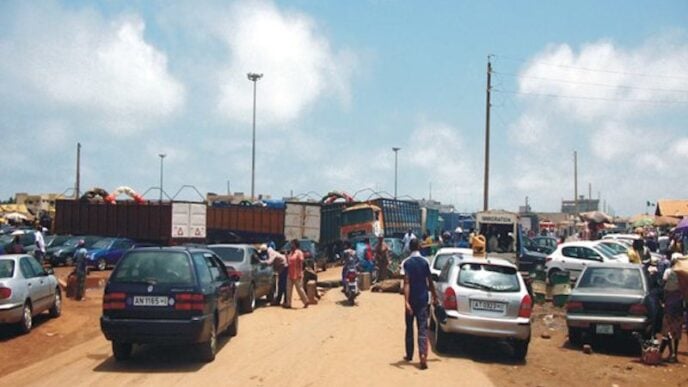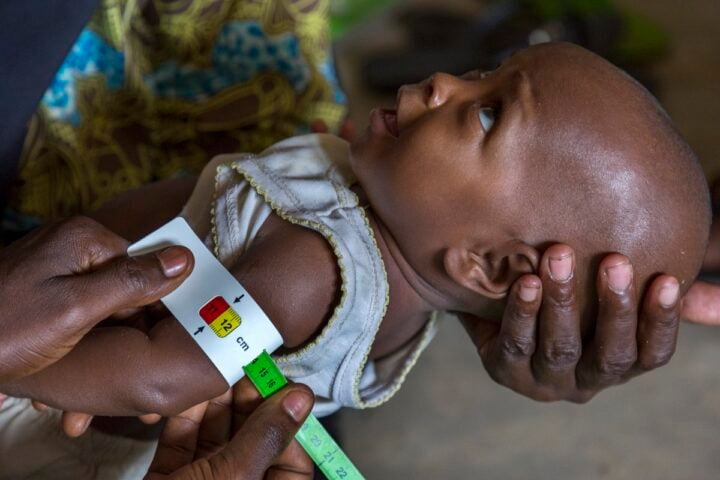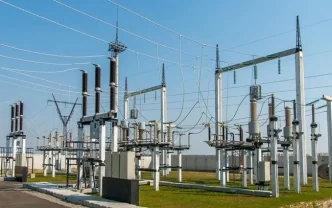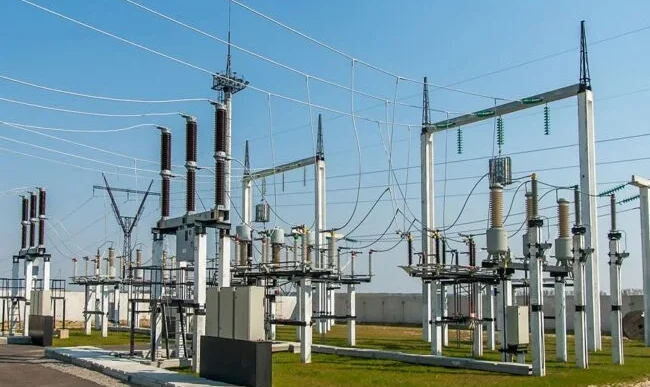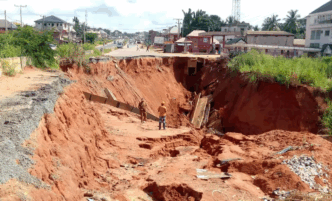BY DARE AKOGUN
As global leaders, negotiators, and climate advocates gather in Bonn, Germany, for the 62nd Session of the UN Climate Subsidiary Bodies (SB62), Nigeria is stepping forward with renewed determination to ensure Africa’s voice echoes loudly in global climate governance.
The mid-year UN climate negotiations, holding from June 16 to 26, 2025, at the World Conference Centre Bonn (WCCB), are critical in laying the groundwork for the highly anticipated COP30 in Belém, Brazil, scheduled for November.
With over 5,000 delegates in attendance, including heads of delegations, civil society representatives, and youth advocates, the Bonn session is being positioned as a bridge between the pledges made at COP29 in Baku and the transformative climate action required globally, especially in the climate-vulnerable regions of sub-Saharan Africa.
Advertisement
Nigeria, Africa’s most populous country and one of the nations bearing the brunt of climate-induced disasters like flooding, drought, and desertification, is being represented by a high-level delegation led by the special presidential envoy on climate change and the director-general/CEO of the National Council on Climate Change Secretariat (NCCCS), Nkiruka Maduekwe.
Maduekwe, a leading voice on climate justice in Africa, has been actively engaging in pre-sessional technical meetings, which shape the foundation of the negotiation text for COP30.
One of the key agenda items being championed by Nigeria is climate finance, particularly under Article 9.1 of the Paris Agreement, which affirms the responsibility of developed countries to provide financial support to developing nations.
Advertisement
What’s at stake for sub-Saharan Africa?
Although sub-Saharan Africa contributes less than four percent of global greenhouse gas emissions, the region faces some of the most severe impacts of climate change. Delegates from African countries are calling for:
- A clear roadmap for the operationalisation of the Loss and Damage Fund, first agreed upon at COP27 in Egypt.
- A boost in climate adaptation financing to help communities respond to increasingly unpredictable weather patterns.
- Greater inclusion of youth, women, and grassroots voices in the negotiation process.
For Nigeria, this meeting is also about rebuilding credibility and capacity at the international negotiation table. The NCCCS has invited both Federal and State Ministries to nominate negotiators, fostering intergovernmental collaboration and knowledge-sharing.
“Through NCCCS, Nigeria is building a strong team of negotiators by enabling active learning and participation in the process.
Advertisement
We are rebuilding Nigeria’s presence at the negotiating table, ensuring our voice is heard and our interests reflected,” a statement from NCCCS reads in part.
Key Issues on the Table
Beyond climate finance, other key issues expected to shape discussions at SB62 include:
- The Baku to Belém Roadmap: A blueprint for progress ahead of COP30.
- UNFCCC Budget Deliberations: Setting funding priorities for climate action.
- Global Goal on Adaptation (GGA) Indicators: Defining measurable outcomes for adaptation efforts.
- Negotiation of Texts: On Article 6 (carbon markets), mitigation pathways, and technology transfer.
Why Bonn Matters for Nigeria
Advertisement
For millions of Nigerians already suffering from flash floods, displaced farming communities, and rising food insecurity, the stakes in Bonn are existential.
The success of Nigeria’s interventions at SB62 will determine whether global commitments can be translated into real action, resilient systems, and funding flows to safeguard vulnerable communities.
Advertisement
As COP30 draws closer, what happens in Bonn won’t stay in Bonn; it will shape the future of climate survival for Africa.
Dare Akogun is a Kwara-based environmental and energy transition journalist. He will be in Bonn to cover the negotiations. He can be reached via [email protected].
Advertisement
Views expressed by contributors are strictly personal and not of TheCable.
